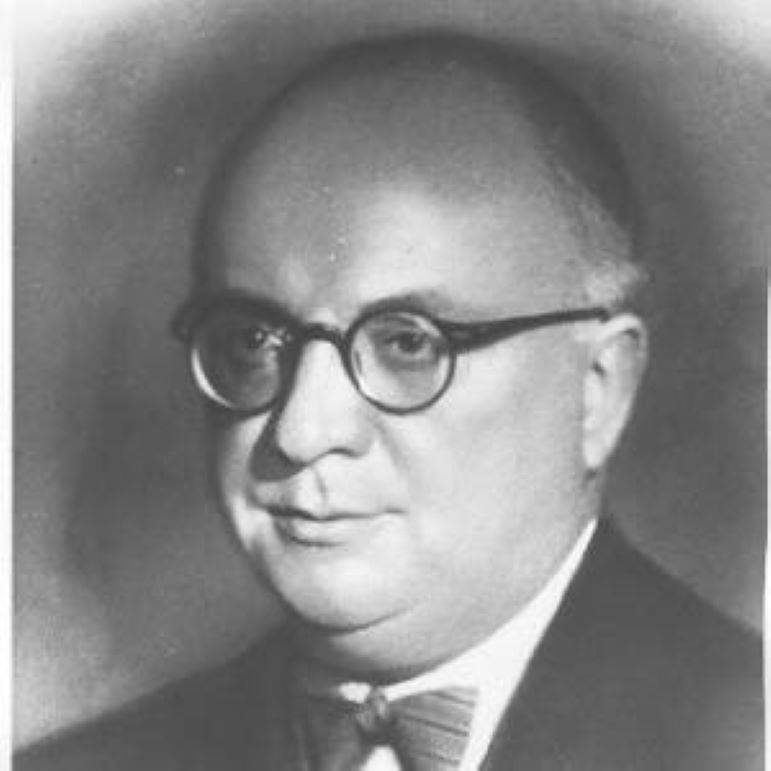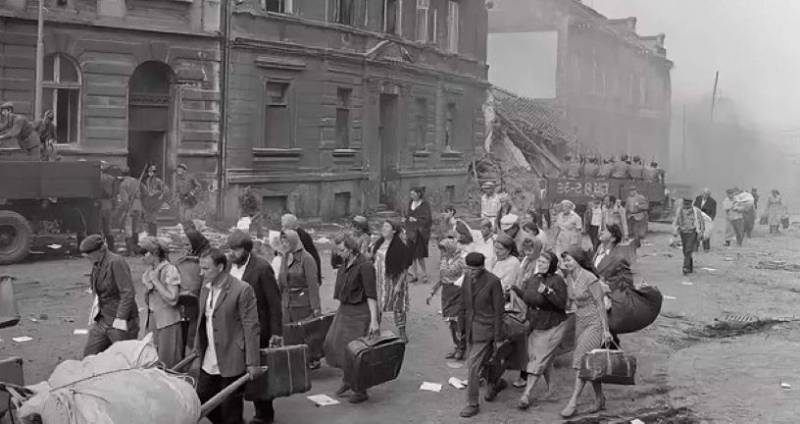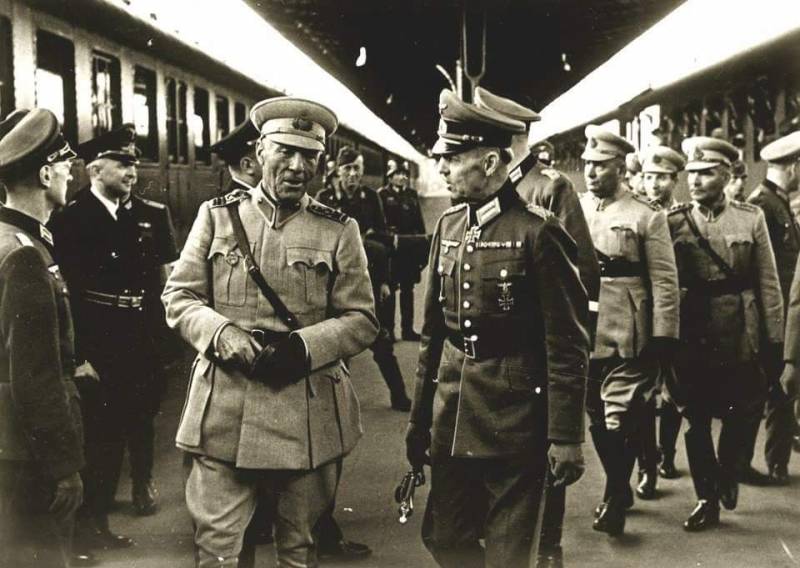October 1941: the Turks were waiting for the Germans in Moscow
Special diplomacy
As you know, after the dramatic events in Moscow on October 16, 1941, the capital was transferred to a state of siege by the decision of the USSR State Defense Committee. Among other measures, this was preceded by the transfer from Moscow of a number of government and party institutions, as well as the transfer of foreign embassies to Kazan and Kuibyshev.
The diplomats were taken out of the capital in just five days - from 15 to 19 October, but not everyone was happy about that. So, the Turkish embassy categorically objected to the complete evacuation. It seems that Turkish diplomats were not too worried about the possible fall of the Soviet capital ...
This is understandable: Turkish policy towards the USSR in 1940-1943. was, as you know, on the verge of an invasion of Turkish troops in the Caucasus. Let us remind you that the Turkish-German Treaty "On Friendship and Non-Aggression" for a period of 10 years, signed on June 18, 1941, came into effect from the moment of its signing.
That is, literally on the eve of the Nazi aggression against the USSR. So the haste with the entry into force of this document was justified ... Moreover, Ankara denounced this treaty only on August 2, 1944.
And plans for a military invasion of Transcaucasia from the fall of 1941 were being worked out by Turkish strategists, as you know, not only together with Germany, but also with the western allies of the USSR (see. Fuhrer's Caucasian Gambit).
The last attempt by Berlin to involve Turkey in the war against the USSR was the Wehrmacht maneuvers in the presence of the leadership of the Turkish General Staff, at the end of June 1943 in the Poltava-Kharkov-Belgorod region. That is, on the eve of the Battle of Kursk.
The Turkish delegation at these maneuvers was led by the head of the Turkish National Defense Committee, General Cemil Toydemir (in the photo he is next to Field Marshal Rundstedt). But the results of the Battle of Kursk did not contribute to the Turkish aggression in the Transcaucasus.
The last diplomat
As for the Turkish diplomats in Moscow in October-November 1941, they assured Ankara of the imminent fall of Moscow and were not very worried about their prospects. October 12, 1941 - from the report of the Turkish military attaché in the USSR, Colonel R. Hangioglu to the Turkish General Staff:
This tactic was chosen and carried out personally by Stalin. A defense carried out according to such a system will lead to the catastrophe of the Soviet cadre army. Events are developing very quickly and will obviously bring victory to the Germans. " (GA RF, F. R-9401, Op. 2, D. 100, L. 418-420)
October 14, 1941 - from the report of the Turkish Ambassador to the USSR A.Kh. Acted by the Turkish Ministry of Foreign Affairs and the Ministry of Defense:
... Embassy Counselor Kamil Mumtaz Bey will stay in Moscow for some time and will go after the documents have been sent. Valuable items will be placed in Kazan, in a specially designated building. " (GA RF, F. R-9401, Op. 2, D. 100, L. 422-424)
Kamil Mumtaz Bey was the last foreign diplomat who remained in Moscow at that time, leaving for Kazan only in mid-November!
We will help you as much as we can
November 22, 1941 - from the report of the Turkish Ambassador to the USSR A.Kh. Aktay (from Kazan) to the Turkish Ministry of Foreign Affairs and the Ministry of Defense:

And in the epilogue of the ambassador (pictured), there is a deliberate falsification:
However, the Turkish side practically helped the invasion of Germany with its satellites in the USSR. So, the Soviet air defense in the Caucasus since October 1941 more and more often recorded violations of the Soviet borders by the Turkish Air Force, which increased until mid-July 1943 inclusive. Such violations, like military incidents on the land border with the USSR, were especially frequent in June-October 1942.
And in May 1942, as noted by the Russian and Azerbaijani historian Jamil Hasanli,
Accordingly, in the spring of 1942, the political workers of the Transcaucasian Military District resumed a campaign among its soldiers and officers about the growing Turkish danger. On the territory of Georgia, Azerbaijan and Armenia, the number of Soviet troops was increased by the beginning of autumn 1942 to 25 fully equipped divisions. "
It is also characteristic that until January 1945, inclusive, Ankara, under various pretexts, refused to allow the Allies to let their cargo convoys to Soviet ports or to the railways of Transcaucasia. Although the transports of Germany, Italy and Romania ply freely in 1941-1944. through the Turkish (Aegean-Black Sea) straits.
Moreover, Churchill and Roosevelt were unable to convince I. Inonu, the then President of Turkey, on these issues in Cairo in December 1943 during trilateral negotiations. And yet, Ankara did not dare to directly participate in the Nazi aggression against the USSR ...
- Alexey Chichkin
- from the author's archive, forum.guns.ru, gettyimages.com


Information